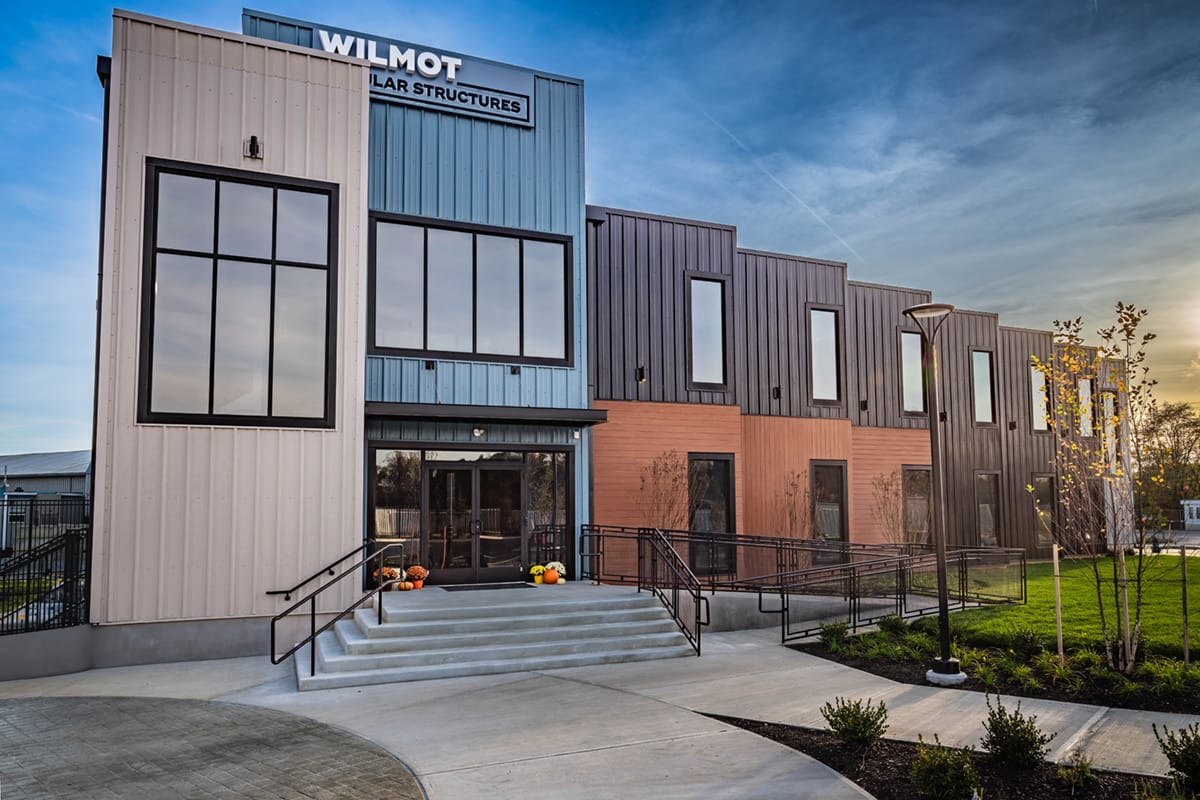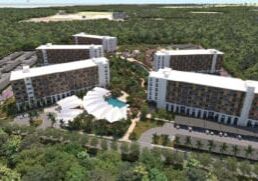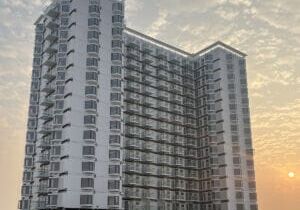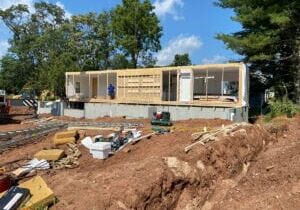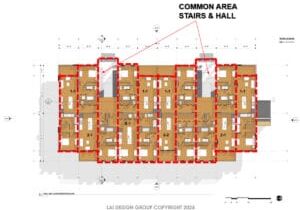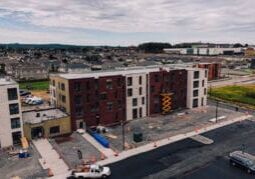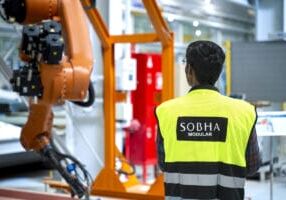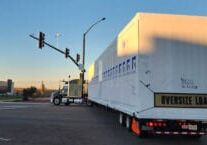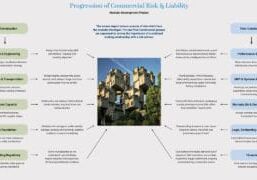Wilmot Modular Structures, Inc. Corporate Campus
Company Needs
Wilmot Modular Structures required a modern, efficient headquarters to showcase their modular construction expertise while fostering team collaboration and innovation. The facility was designed to streamline operations, reflect the company’s commitment to sustainability, and embody the values of an American family-owned business, supporting long-term growth under multigenerational leadership.
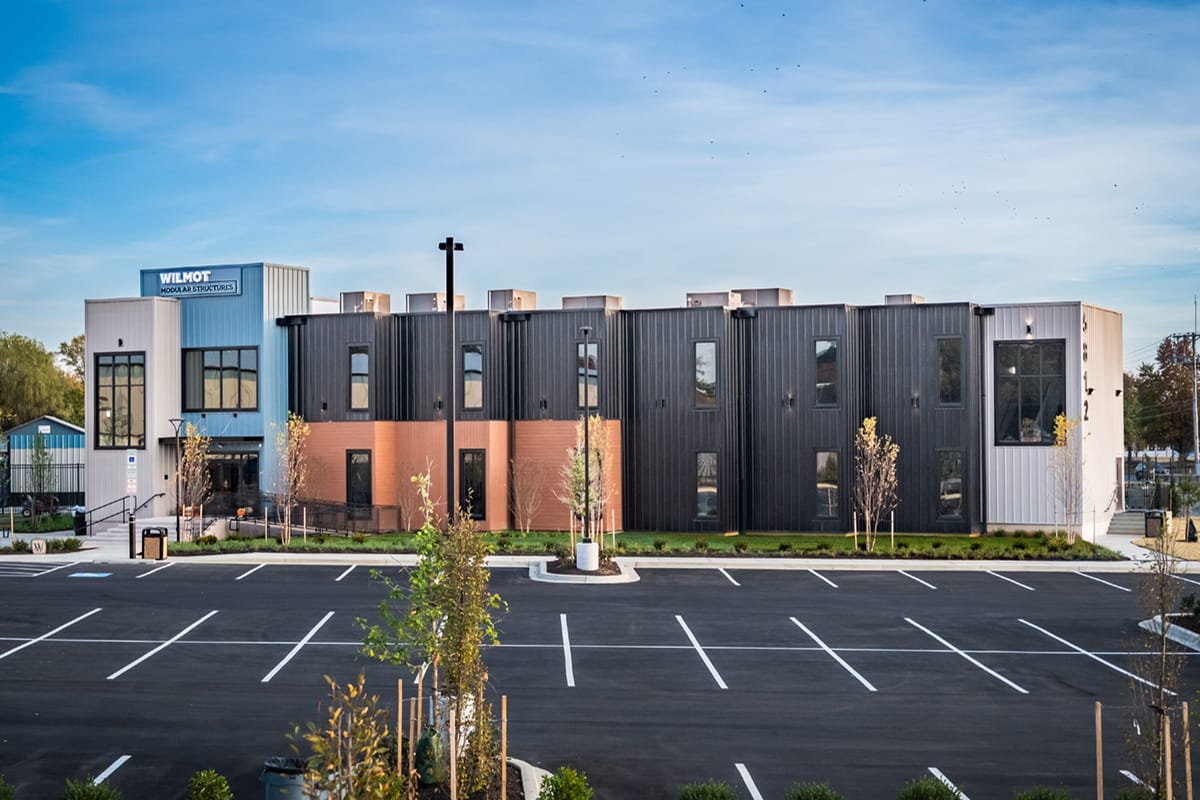
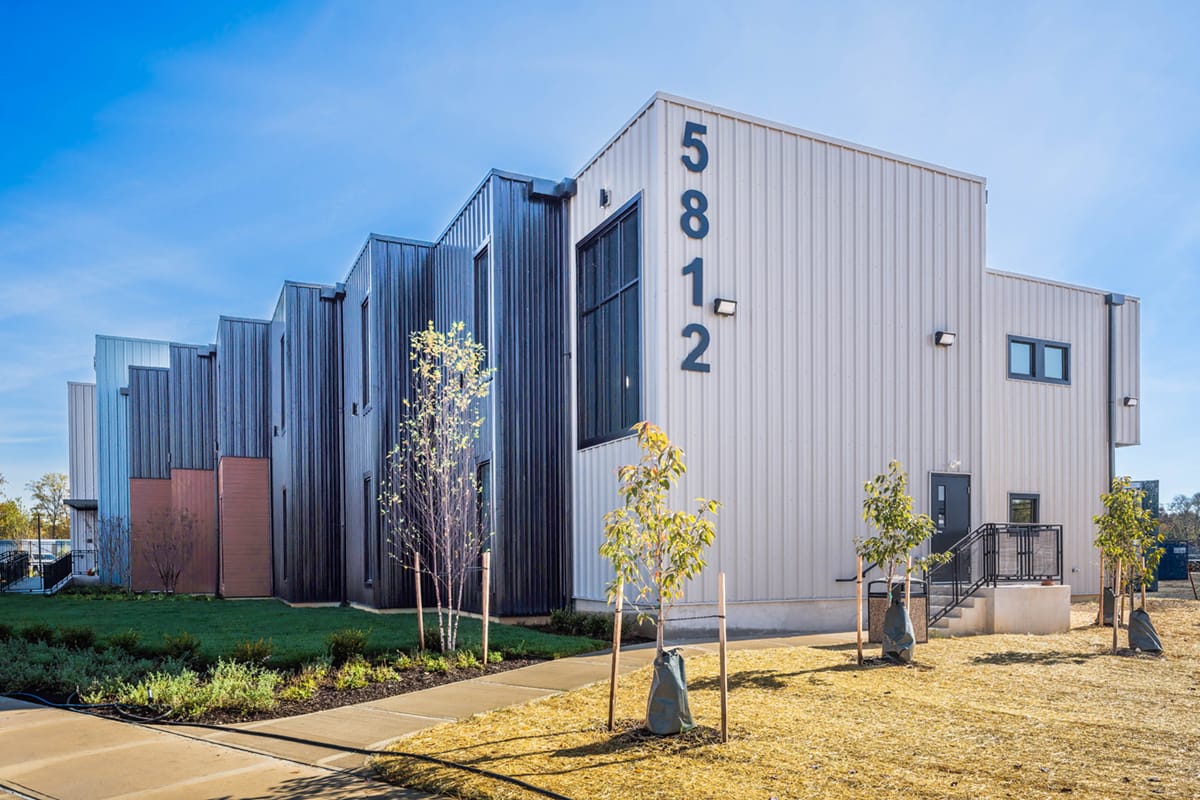
Challenges & Solutions
One of the major challenges faced during the project was achieving a balance between speed and quality. While modular construction is inherently faster than traditional methods, the precision required for such a large and complex structure demands meticulous planning and execution. The integration of modular components with traditional site-built elements, such as the stair towers, elevator and custom courtyard required careful coordination between off-site and on-site teams. Through close collaboration with partners and strict adherence to quality control measures, the project was completed on time without sacrificing Wilmot’s high standards.
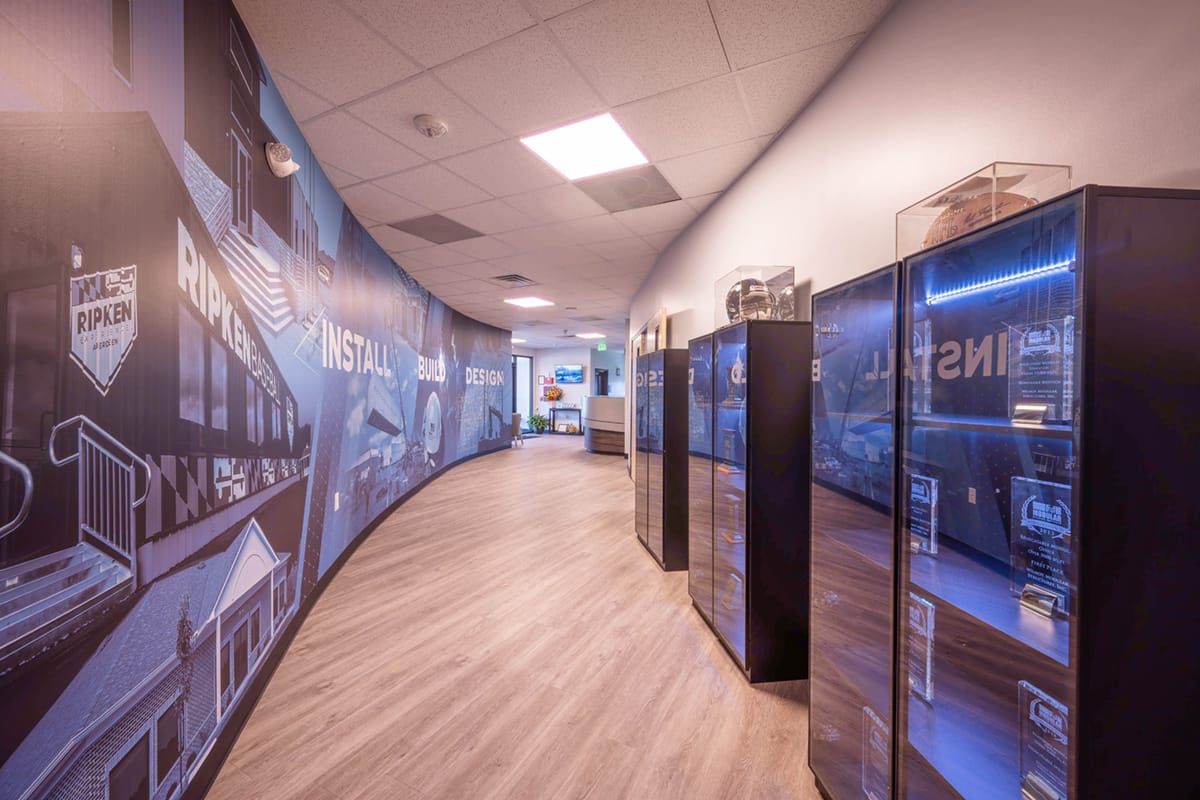
Key Features
Modular Construction
The use of prefabricated building modules allowed for rapid construction without compromising on quality. As the modules were assembled off-site, foundation work progressed on-site. Once ready, the modules were precisely positioned using cranes, cutting down the construction timeline significantly.
Sustainability
Sustainability was a central component of the headquarters design featuring low-waste construction, energy-efficient materials, and smart design strategies, such as: natural light optimization, energy-efficient lighting, and cantilevered modules.
Operations Center
18,000 sq. ft. space with four renovation bays, designed to streamline the retrofitting of modular units for customers, following the 5-S principles of lean operations. Real-time digital tracking capabilities allow for optimized project management, ensuring that all customer projects remain on schedule.
Design
A two-story atrium and glass balcony connect expansive hallways, merging form and function to reflect Wilmot’s values of openness, innovation, and flexibility. The modular elevator ensures easy access to all floors, demonstrating how modular systems can be incorporated into long-term, high-functioning structures.
American Heritage
A courtyard centered around an American flag honors the company’s family-run business and multi-generational legacy.
More from Modular Advantage
How Stack Modular Is Using AI to De-Risk Mid- to High-Rise Modular Construction
Artificial intelligence is no longer a future concept in modular construction—it is already reshaping how complex buildings are evaluated, designed, and delivered.
Gearing Up for the 2026 World of Modular
The Modular Building Institute (MBI) is bringing its global World of Modular (WOM) conference and tradeshow back to Las Vegas in April, and with it comes some of the industry’s best opportunities for networking, business development, and education.
New High-Rise Modular Apartment in Abu Dhabi Points Toward the Future of Multifamily Construction
Eagle Hills International Properties chose the BROAD Holon Building for a 16-story market rate apartment building in Zayed City, a central business district of Abu Dhabi. The project highlights the potential of the Holon system of volumetric modular construction to accelerate housing delivery.
MBI Announces First Ever Industry Apprenticeship Program in Collaboration with Marshall Advanced Manufacturing Center
MBI recently agreed to partner with Marshall Advanced Manufacturing Center (MAMC) to provide bona fide USDOL-approved apprenticeship programs for the industry.
AoRa Development Aims for New York’s First Triple Net Zero Building Using Modular Methods
More cities are providing funding for newer infrastructure projects as long as they meet sustainability requirements. This is how modular can fit the bill, thanks to its lower waste production.
Developers and Designers: Lessons Learned with Modular Design
Modular construction is attractive to many developers because sitework and module construction can occur simultaneously, shortening the schedule and reducing additional costs.
UTILE: Putting Modular Building on a Fast Track
In Quebec, UTILE is taking the lead in creating affordable modular buildings to help decrease the student housing shortage. During the process, the company discovered what it takes to make the transition to modular building a success.
Sobha Modular Teaches Developers How to Think Like Manufacturers
With its 2.7 million square foot factory in UAE, Sobha Modular is bringing both its high-end bathroom pods to high-end residences to Dubai while developing modular projects for the U.S. and Australia.
RoadMasters: Why Early Transport Planning is Make-or-Break in Modular Construction
In modular construction, transportation is often called the “missing link.” While it rarely stops a project outright, poor planning can trigger costly delays, rerouting, and budget overruns.
Navigating Risk in Commercial Real Estate and Modular Construction: Insights from a 44-Year Industry Veteran
Modular projects involve manufacturing, transportation, and on-site assembly. Developers must understand exactly what they are responsible for versus what they subcontract. Risk advisors should research the developer’s contractors, subcontractors, and design-build consultants—especially the modular manufacturer.

